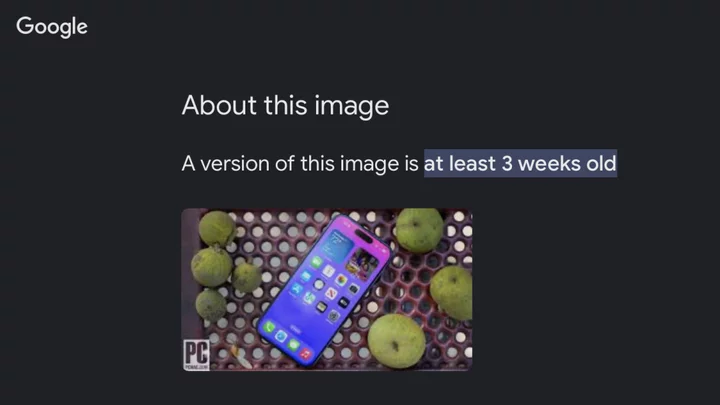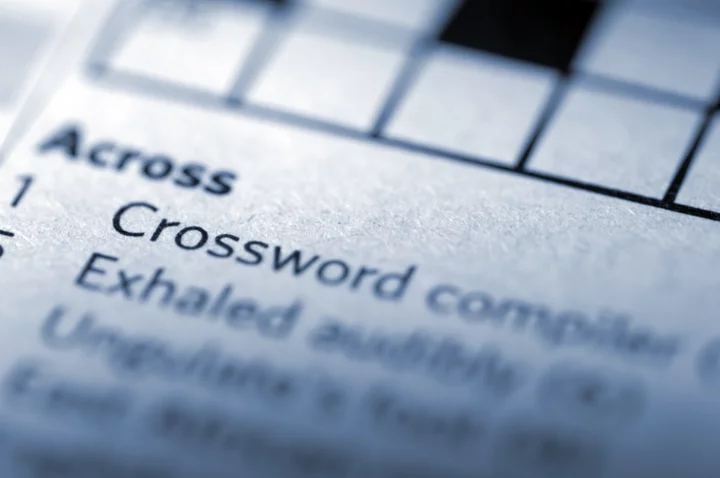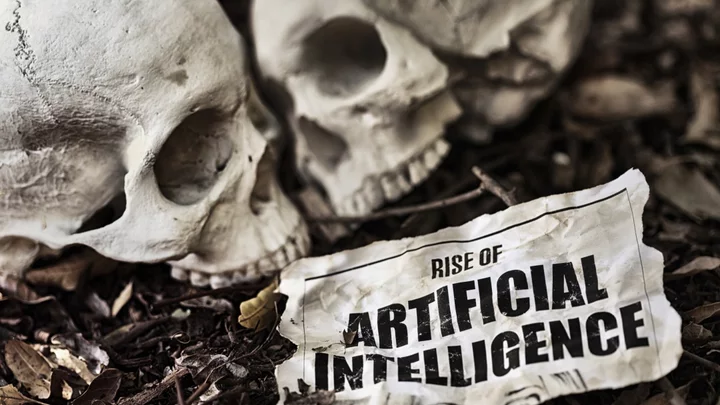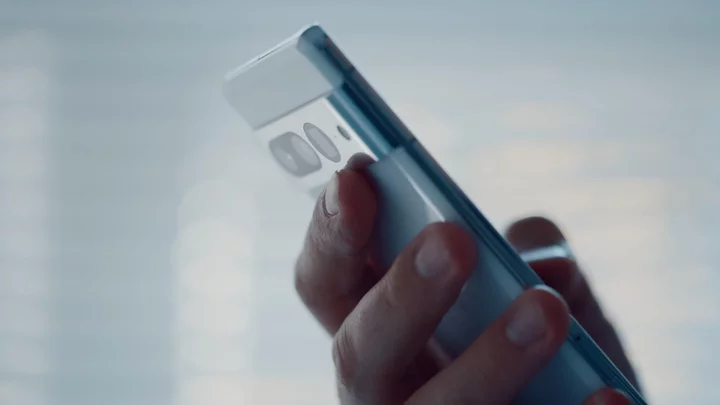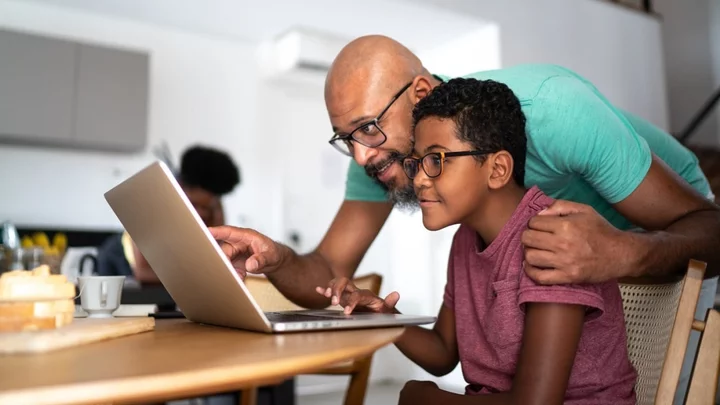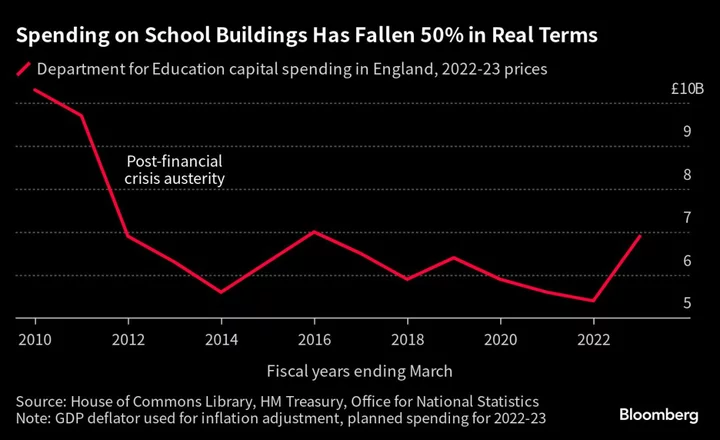The rise of easily accessible generative AI means it's getting more difficult to know whether an online image is legitimate. At I/O earlier this year, Google previewed an "About this image" tool that will offer details about an image's origin, and it's rolling out now alongside some other fact-checking tools.
"About this image" appears in Google Search and explains where an image first appeared and where it's been seen online.
(Credit: Google)It'll also tell you how other sites use and describe the image and detail the image's metadata when it's available. In the screenshots above, you can see the process in action while searching for the famed crooked house.
To try it out, click the three dots on an image in Google Images results or "more about this page” in the About this result tool on search results. "We’ll add more ways to access it in the coming months," Google says.
There was no mention of accessing this feature via Google Lens, which Google said at I/O was in the works. Google tells The Verge that Google Lens and other methods to engage with the tool are still under development.
Google's existing Fact Check Explorer, meanwhile, is adding image search. Just add an image URL to the fact-check tool and it'll show you information like the dates it was used, context surrounding its use, and the URL of the websites that have used it. In the above example, the Fact Check Explorer is debunking the hurricane shark meme.
Google will also let you use its Search Generative Experience (SGE) to find more information about the source of something online. The example Google uses is looking up a small retailer that makes hiking boots you like. Those who have opted into SGE will "be able to see AI-generated descriptions of some sources, supported by information on high-quality sites that talk about that website."
Google's push for image-related fact-checking stems from a 2023 study conducted by the Poynter Institute that showed 70% of people weren't confident in their ability to tell when online images were real or phony. A second study in 2022, also by Poynter, says that 63% of people believe they come across misinformation on a daily or weekly basis. These tools are designed to help combat misinformation or at least help verify it when it does happen.

